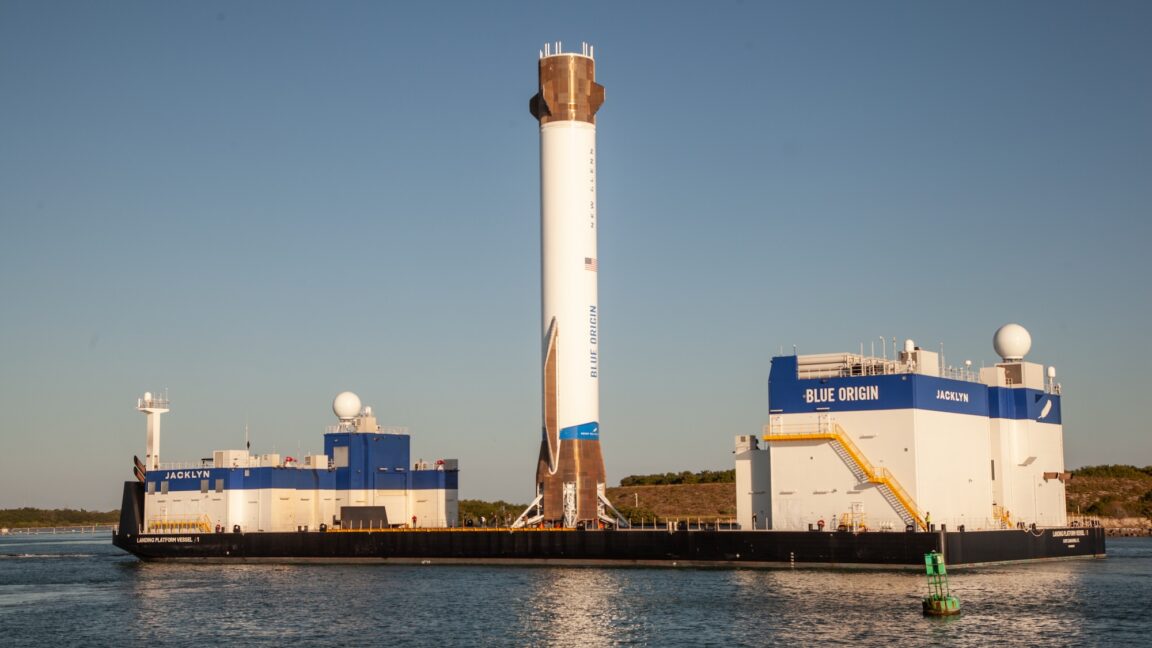
"With the government shutdown over, the FAA has lifted its daytime launch curfew. Welcome to Edition 8.20 of the Rocket Report! For the second week in a row, Blue Origin dominated the headlines with news about its New Glenn rocket. After a stunning success November 13 with the launch and landing of the second New Glenn rocket, Jeff Bezos' space company revealed a roadmap this week showing how engineers will supercharge the vehicle with more engines."
"Swift, in space since 2004, is a unique instrument designed to study gamma-ray bursts, the most powerful explosions in the Universe. The spacecraft lacks a propulsion system and its orbit is subject to atmospheric drag, and NASA says it is "racing against the clock" to boost Swift's orbit and extend its lifetime before it falls back to Earth. On Wednesday, Katalyst announced it selected Northrop Grumman's air-launched Pegasus XL rocket to send the rescue craft into orbit next year."
The FAA lifted its daytime launch curfew after the government shutdown ended, restoring normal launch windows. Blue Origin achieved a successful New Glenn launch and landing on November 13 and unveiled a roadmap to increase engine count for higher performance. SpaceX advanced preparations in South Texas toward the first flight of the next-generation Starship vehicle. Northrop Grumman's Pegasus XL was selected by Katalyst Space Technologies to launch a robotic rescue mission for the aging Neil Gehrels Swift Observatory under a $30 million NASA contract. Swift lacks propulsion and faces orbital decay, prompting urgent plans to boost and extend its operational lifetime.
Read at Ars Technica
Unable to calculate read time
Collection
[
|
...
]